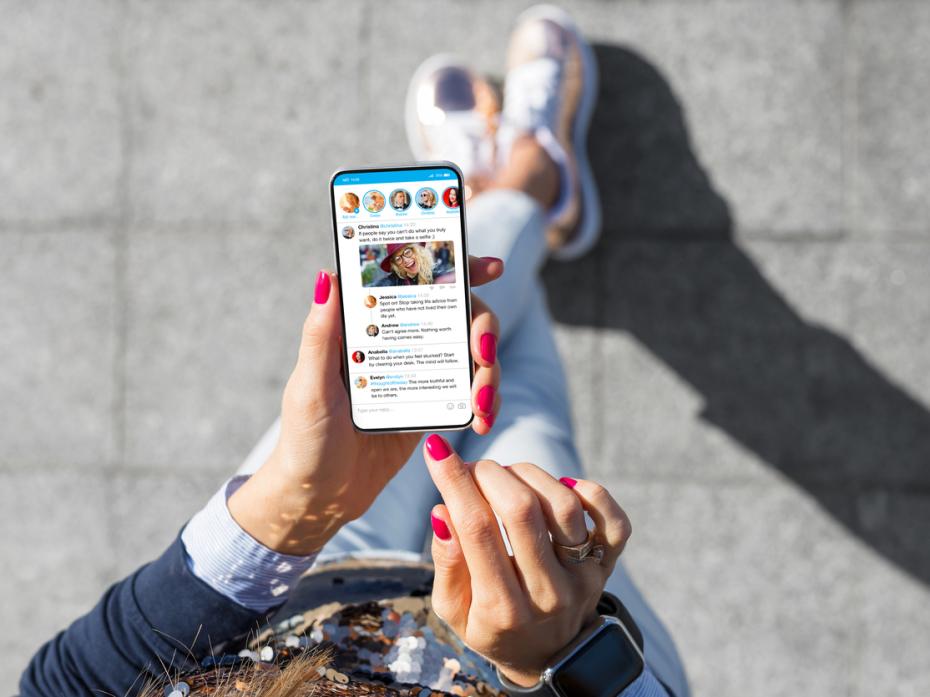
How universities can use research to develop effective digital products
Developing effective digital products for your institution requires a user-led approach to ensure you meet the needs of your students, staff and other user groups. In 2022, we developed the University of Exeter’s digital strategy following user research aimed at helping us understand more about our users and the context within which they were learning, researching, living and working. This put their needs at the centre of our decision-making, allowing us to design and build products and services that meet their needs and wants.
We have dedicated user experience (UX) researchers in our digital team who focus on speaking to our users to understand their experiences at the university. The research is used to inform high-level decisions about processes, products and services and also more on-the-ground decisions about product iterations. It can be turned into visual artefacts, such as journey maps or personas, which can be used to visualise research findings.
There are many methods you can use to conduct user research and they depend on your objectives. UX research can be split into qualitative and quantitative methods; qualitative methods include interviews or focus groups, whereas quantitative methods include questionnaires and surveys. At the University of Exeter, we typically start with qualitative research to understand our user experience, both good and bad. Methods we have used include semi-structured interviews, diary studies and focus groups. If needed, we can also validate the findings using quantitative methods such as surveys with larger groups of users (50+).
- We should be using social media more to understand students
- Resources on digital strategy in higher education
- Three ways to develop students’ AI literacy
We then share research results with the rest of the digital team and the relevant decision-makers who are accountable for the processes, products or services that are being considered or have been highlighted in the research. Our new app, MyExeter, is a great example of how we are building a user-led product together. In 2021, the UX research team carried out a huge piece of research into the broader student experience. The output from this research highlighted 15 pain points from our students, including:
- “Struggling to find an appropriate space to study”
- “Challenges navigating the information resources at the university”
- “Struggling to reach the right person for support”.
These pain points have been transformed into features within MyExeter by our design, product and engineering colleagues to improve the student experience at the university.
If you want to ensure everything you do is in service of the user, it’s important to continuously gather user insight throughout your digital transformation process. We have been collecting feedback from students throughout the process of designing app features, to understand more about what things users liked, disliked and what could be improved. We have an in-app survey but you can collect this data in any of the research methods we’ve already mentioned. When it comes to testing how easy MyExeter features are to use, we have also carried out usability tests with students. This involves setting out tasks for users to complete while observing how they complete them, whether they hesitate and how long it takes, etc.
We have even applied our user-led approach to our communications and hired some student interns as communications and engagement assistants. The interns generate ideas for comms across our digital channels and shape key messages. They are not paid to say what we want them to, they share their genuine experiences of using our digital products and services with their fellow students. If your institution runs an internship scheme or something similar, reach out to the organisers about whether there are any opportunities like these for you to involve students in the work that you do. We have implemented a few different offers and also hire student ambassadors to support the operating of our Digital Hub. This is an in-person and online service that provides help and support to students and colleagues with digital tools and digital skills.
If you want to ensure you are responsive to the needs and wants of your students, colleagues and wider user groups, consider how you could deploy any of the ways of working we’ve shared in this resource. Designing and building digital products and services that are built on UX research means you ensure you always meet the needs and wants of your users.
Helen Cocks is head of digital strategy and engagement and Amelia Johnson is a user experience researcher at the University of Exeter.
If you would like advice and insight from academics and university staff delivered direct to your inbox each week, sign up for the Campus newsletter.




